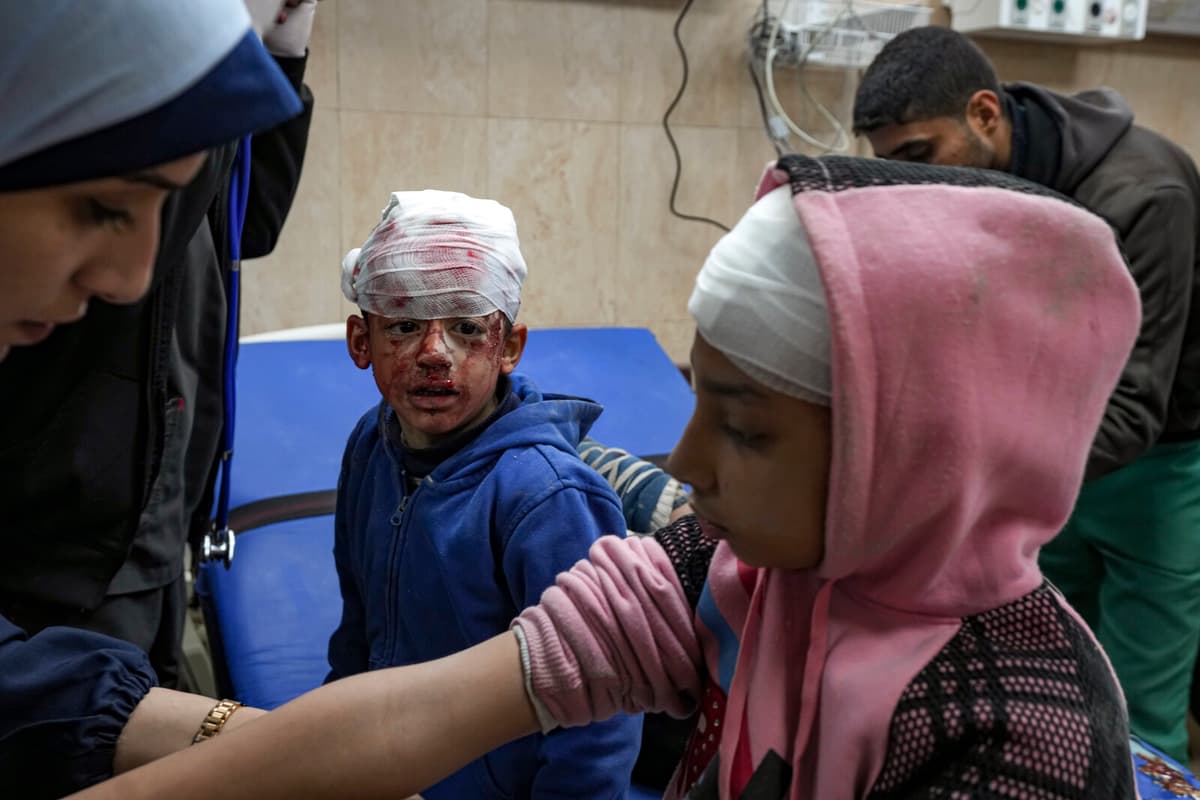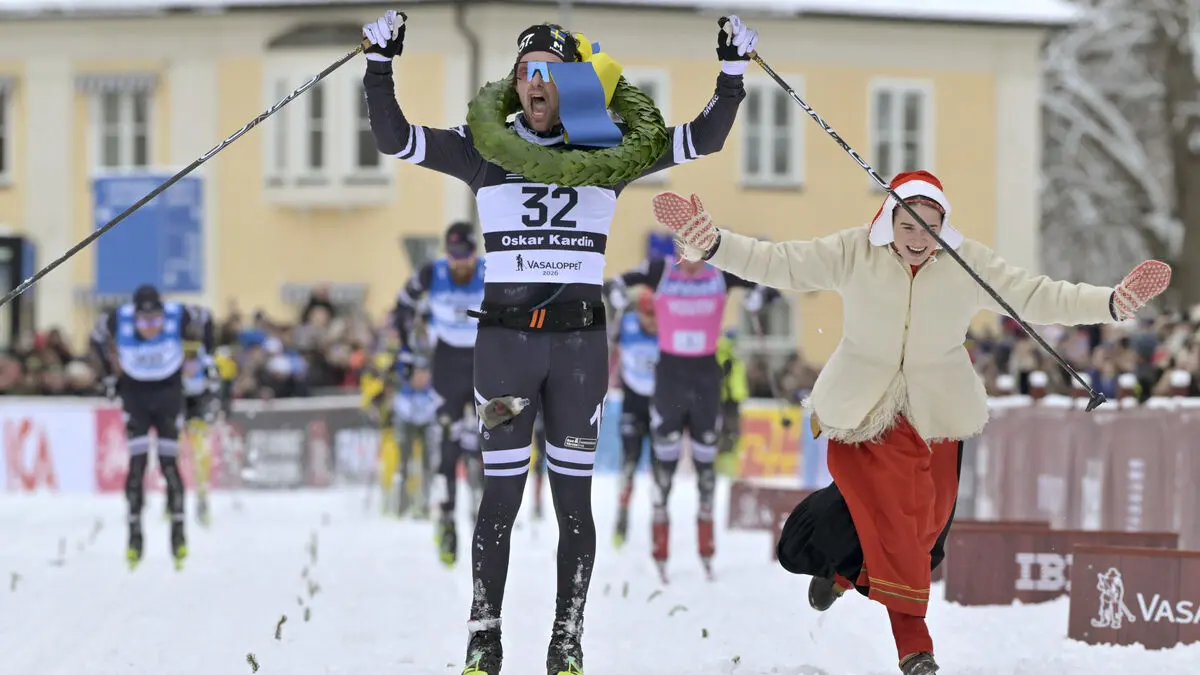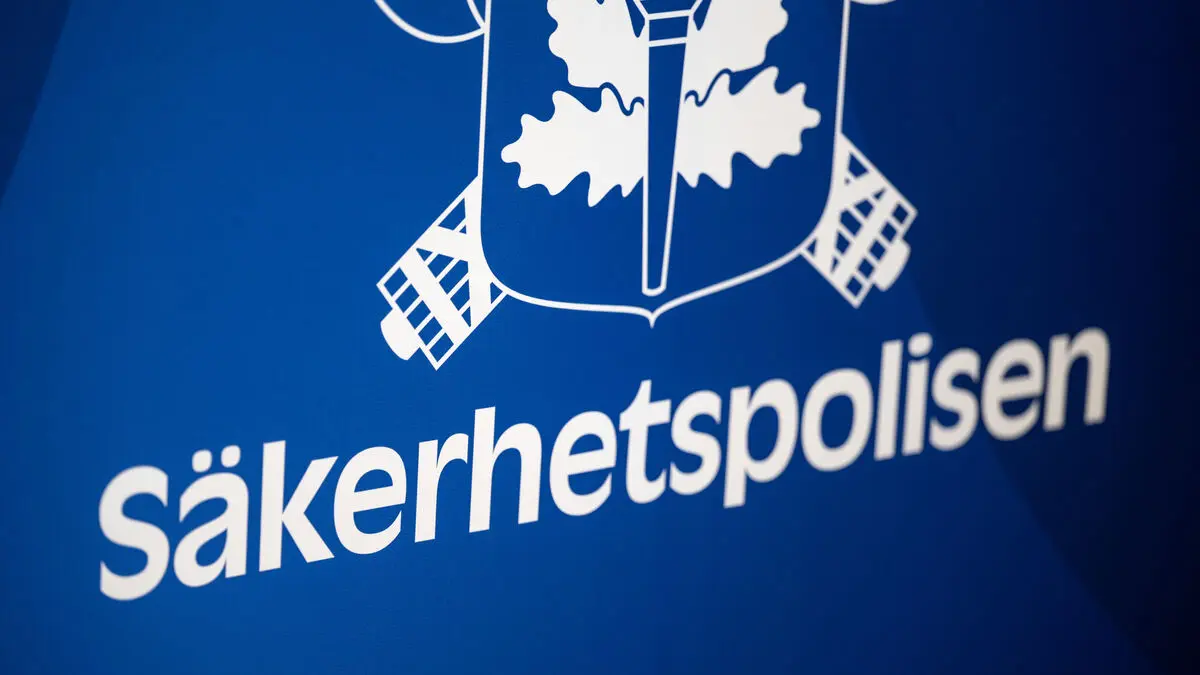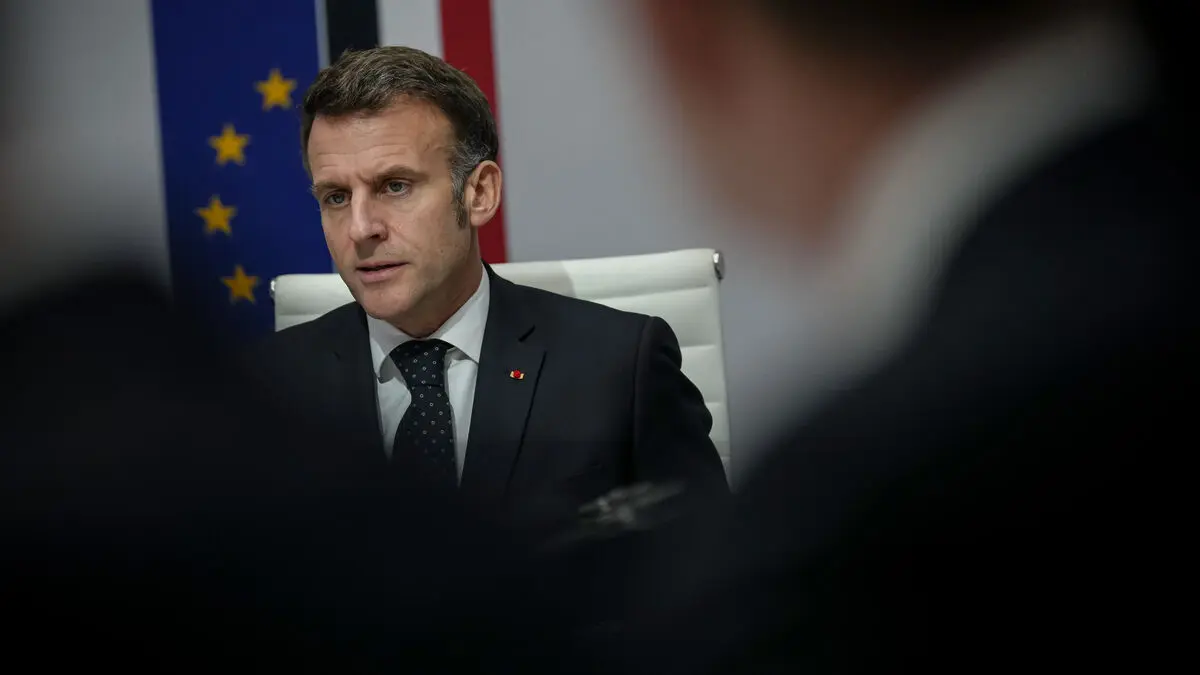The news of a ceasefire was received with jubilation among the tent dwellers in the refugee camps in Gaza. But still, daily life has not improved. On the contrary.
The past few months have worsened. At least 120 children have been reported dead in the battles since the turn of the year, says Rosalia Bollen, spokesperson for UNICEF, and continues:
And many, many more have been seriously injured.
Denied treatment
She has been based in southwestern Gaza since October last year and tells of an ongoing humanitarian catastrophe, where people – not least children – have difficulty making it through the day.
It's not just that the support is underdimensioned in what actually arrives. It's that the support, the food, was never intended to feed an entire population. Society needs to get started again, she says.
For some, it's already too late.
I was at a hospital where an 11-year-old boy with leukemia lay shaking in pain. Before the war, he had received treatment on the West Bank and the cancer had receded. Now his parents, six times, had been denied permission to continue the treatment. A week ago, I found out that he had died.
"Can't handle"
Bollen also tells of children with diabetes who do not have access to insulin due to the lack of refrigerators, but also about all those who have had a leg or arm amputated.
The healthcare system can't handle the burden. It's not children who have had something blown off, it can be something that's broken or an infected wound. But then it becomes amputation.
Lost generation
A possible ceasefire is welcomed by the inhabitants of Gaza, according to Bollen.
The news was received with joy, she says.
But shortly after, the question comes, to UNICEF and ultimately to the outside world:
The first thing the children ask when they see us is "when will the war end?". They want to go back to their homes, and sleep in their beds, they want to go back to school. The children here have not attended school for a year and a half.
The acute situation among those living on top of each other in the sand in the tent camps is serious, but this is also an enormous mental trauma. This is a lost generation.






